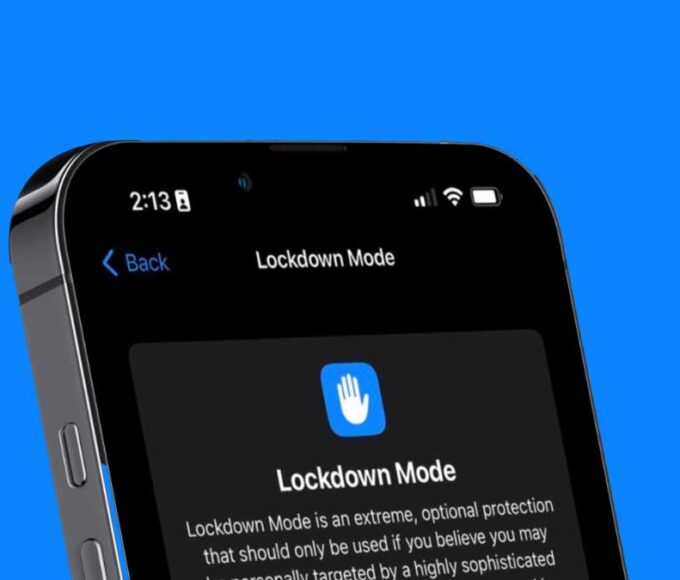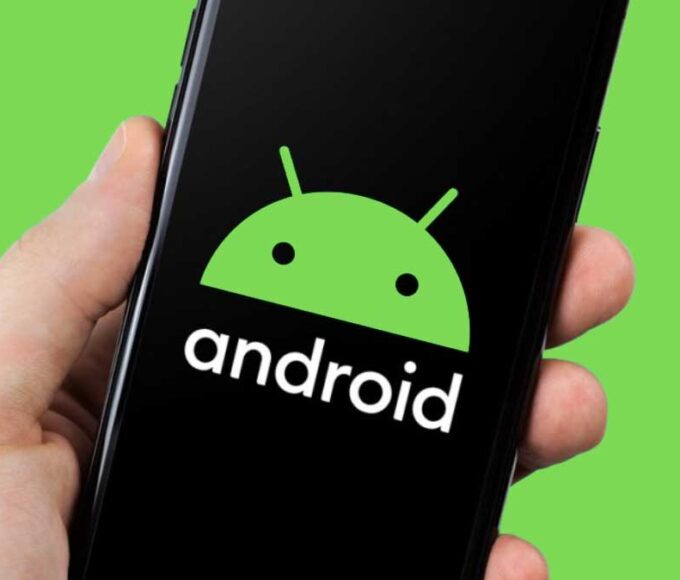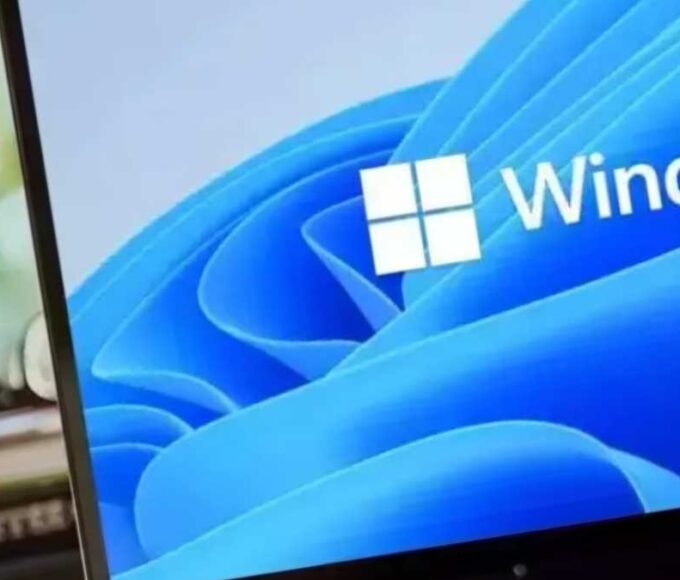- Home
- Billionaires
- Investing Newsletters
- 193CC 1000
- Article Layout 2
- Article Layout 3
- Article Layout 4
- Article Layout 5
- Article Layout 6
- Article Layout 7
- Article Layout 8
- Article Layout 9
- Article Layout 10
- Article Layout 11
- Article Layout 12
- Article Layout 13
- Article Layout 14
- Article Sidebar
- Post Format
- pages
- Archive Layouts
- Post Gallery
- Post Video Background
- Post Review
- Sponsored Post
- Leadership
- Business
- Money
- Small Business
- Innovation
- Shop
Recent Posts
Elon Musk’s Xmail Teaser Sparks Gmail Security Concerns

A seemingly innocuous post on X (formerly Twitter) by Elon Musk on December 15, 2024, sparked a wave of speculation and concern. Musk, responding to a suggestion that an email service called Xmail to rival Gmail would be “cool,” casually replied, “Yeah. On the list of things to do.” At first glance, this may have appeared to be nothing more than a fleeting comment. However, given Musk’s influence and track record of launching bold new ventures, his words quickly raised eyebrows. As such, this latest teaser for Xmail—whether it materializes or not—poses a significant security risk to Gmail users, especially when considering the growing sophistication of phishing attacks and the massive user base Gmail maintains.
The mere mention of a potential new email service from Elon Musk, despite being a far-off possibility, triggers alarms for cybersecurity experts. While the number of active X users, the platform Musk owns, remains difficult to determine precisely, estimates suggest that the user base may hover around 600 million. This is already a large number, but when you compare it to Gmail’s staggering 2.5 billion active users—making it the most widely used email service globally—the scope of the risk becomes clear. What makes Xmail, or the mere prospect of it, a threat to Gmail users is the highly targeted nature of phishing attacks. A phishing attack is a scam designed to trick users into revealing sensitive information, such as passwords, by pretending to be a legitimate service. With Musk’s prominence in the tech world and the sheer number of Gmail users, any service he launches, including Xmail, could easily be exploited by cybercriminals to create convincing phishing scams.
This is not the first time Musk has teased a new service. Earlier in 2024, a similar response to an engineer’s question about Xmail was met with Musk’s cryptic, “It’s coming,” which sent waves through the media and sparked renewed concern. While it remains uncertain when, or even if, Xmail will ever launch, the risk it presents to Gmail users is real, especially given the current state of cybersecurity threats. The situation today is even more precarious due to the rise of AI-driven phishing scams. Artificial intelligence has made it easier for cybercriminals to create realistic, convincing emails that are nearly indistinguishable from legitimate correspondence. These AI-generated phishing emails can be mass-produced quickly and at a low cost, making them a powerful tool for hackers.
AI’s role in phishing attacks has already evolved beyond simple impersonations of businesses. Today, cybercriminals are capable of mimicking the tone, style, and branding of major platforms, including Gmail, making it harder for even the most cautious users to detect fraud. The rise of AI-driven content generation presents a perfect storm for phishing attacks, especially when combined with the buzz surrounding Musk’s potential Xmail service. If Xmail is indeed launched, or even if it remains in the realm of speculation, Gmail users—who are the most likely targets—could be inundated with sophisticated phishing attempts. These messages might come in the form of fake Xmail invitations, promises of early access to a non-existent beta program, or even “helpful” tools claiming to facilitate an easy transition from Gmail to Xmail. The fraudsters behind these scams would encourage users to enter their Gmail credentials, under the pretense of transferring messages to the new service, only to have those credentials stolen.
What makes this situation particularly dangerous is the psychological factor involved. Many users, already familiar with Gmail and its convenience, may see a service like Xmail—promoted by a high-profile figure like Elon Musk—as an exciting innovation. The curiosity surrounding Xmail could make users more susceptible to phishing scams disguised as invitations to a new email platform. The temptation to be among the first to try a new service is strong, and cybercriminals exploit this by offering exclusive access to “early beta” versions or exclusive features. With Musk’s connection to various influential sectors, including potential ties to President-Elect Trump’s incoming administration, the potential for his online ventures to stir widespread public interest is immense. This only makes Gmail users more likely to fall for scams promising to connect them to the next big thing.
For now, the most important thing for Gmail users to remember is that Xmail doesn’t exist yet. While Musk’s teasers may be exciting for some, the reality is that there is no official announcement regarding a launch date for Xmail, and it may never come to fruition. However, the phishing threat is very real. To protect themselves, Gmail users should be vigilant about any unsolicited emails that claim to offer access to Xmail or any other email service, particularly those that ask for login credentials or other sensitive information. Always verify the source of emails, be cautious with any links, enable two-factor authentication for extra security, and ensure that passwords are strong and unique.
While Xmail may never materialize, the mere mention of it by Musk has triggered a reminder of how easily a new platform could be used to exploit the billions of Gmail users worldwide. Phishing scams are already a significant threat, and the rise of AI-generated content has only made them more dangerous. Until an official Xmail service is launched, Gmail users must remain vigilant against these evolving threats. Always question unsolicited emails, be cautious with your login credentials, and remember that just because a new service sounds exciting, it may also come with hidden risks.
Recent Posts
Categories
- 193 Countries Consortium Partner1
- 193cc Digital Assets2
- 5G1
- Aerospace & Defense48
- AI37
- Arts3
- Banking & Insurance11
- Big Data3
- Billionaires1,506
- Boats & Planes1
- Business332
- Careers13
- Cars & Bikes79
- CEO Network1
- CFO Network17
- CHRO Network1
- CIO Network1
- Cloud10
- CMO Network18
- Commercial Real Estate7
- Consultant1
- Consumer Tech194
- CxO1
- Cybersecurity73
- Dining1
- Diversity, Equity & Inclusion4
- Education7
- Energy8
- Enterprise Tech29
- Events11
- Fintech1
- Food & Drink2
- Franchises1
- Freelance1
- Future Of Work2
- Games149
- GIG1
- Healthcare79
- Hollywood & Entertainment203
- Houses1
- India’s 1000 Richest1
- Innovation46
- Investing2
- Investing Newsletters4
- Leadership65
- Lifestyle11
- Manufacturing1
- Markets20
- Media327
- Mobile phone1
- Money13
- Personal Finance2
- Policy569
- Real Estate1
- Research6
- Retail1
- Retirement1
- Small Business1
- SportsMoney42
- Style & Beauty1
- Success Income1
- Taxes2
- Travel10
- Uncategorized15
- Vices1
- Watches & Jewelry2
- world's billionaires1,475
- Worlds Richest Self-Made Women2
Related Articles
Android & iPhone Users Urged to Run Security Checks
With the rise of cyber threats targeting both Android and iPhone users,...
By 193cc Agency CouncilJanuary 1, 2025Apple Warns: Avoid Lockdown Mode on iPhone
Apple’s latest security alert for iPhone users raises important concerns about the...
By 193cc Agency CouncilDecember 31, 2024750 Million Android Users Face Urgent Security Risks
Google has made significant strides in improving Android’s security ecosystem, aiming to...
By 193cc Agency CouncilDecember 31, 2024Surge in Paper Werewolf Cyberattacks on Russian Targets
A troubling rise in espionage-driven attacks using Microsoft Windows Word documents has...
By 193cc Agency CouncilDecember 30, 2024















Leave a comment